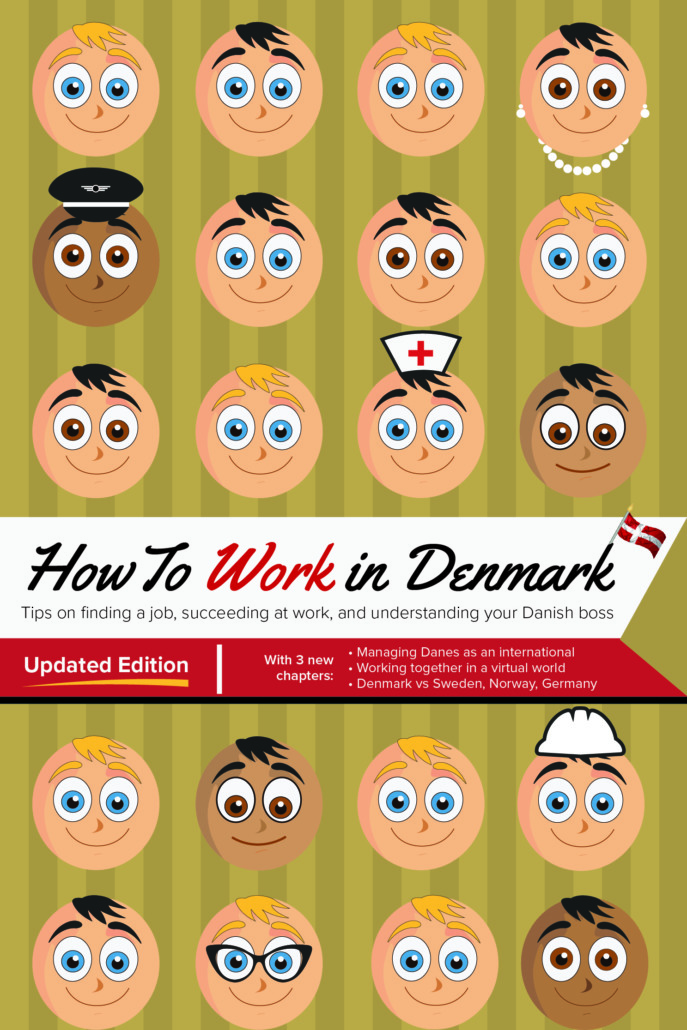Working hours in Denmark
Is work-life balance as good as it seems?
Working hours in Denmark are not as extensive as they are in many other countries. Although there is no legally-mandated limit on working hours – just as there is no legally-mandated minimum wage in Denmark – the umbrella agreements that many unions set with employers limit the ordinary work week to 37 or 37.5 hours.
This breaks down to about 7.5 hours a day, 5 days a week, with a half-hour unpaid for lunch. Most Danish employers provide a hot lunch for employees to eat together as a team.
Bosses don’t expect you to stay late
Many internationals come from countries where the boss expects ambitious workers to stay on the job late every night, until 7pm or 9pm or sometimes even later. People who really care about their careers or moving up in the company stay as late as possible.
This isn’t necessary in Denmark; working hours in Denmark are what the employers’ association and the union have agreed upon. (In Denmark, even highly-educated workers such as engineers, technical specialists, journalists, and doctors are union members.)
Instead, employees in Denmark are generally evaluated on the quality of their work and their ability to meet deadlines and work well as part of a team.
Occasionally, there may be a rush project and employees in Denmark might be expected to stay late or work weekends. They would then generally receive time off as compensation.
Work-life balance leads to happiness
Denmark is often referred to as one of the happiest countries in the world, and one of the reasons for this is the work-life balance created by limited working hours in Denmark.
Workers have more time to spend with their families if they have them, and with their friends and on their hobbies if they do not.
It’s common in Danish offices to see both men and women leave around 3:30pm or 4pm to pick up their children from day-care centers or school. When you work in Denmark, it’s always a good idea to plan meetings no later than 2pm in order to avoid conflicts.
In addition, any full-time employee in Denmark receives a minimum of five weeks’ paid vacation per year, as well as numerous paid public holidays off. Parental leave is generous if you give birth to or adopt a child.
These social benefits are paid for by some of the world’s highest income taxes, as well as numerous indirect taxes. Sales tax is 25% on most items, including food, and new cars are taxed at up to 150% of their purchase price.
Learn more about working in Denmark
If you’d like to learn more about working hours in Denmark or Danish working culture, order Kay Xander Mellish’s classic book “How to Work in Denmark: Tips on Finding a job, Succeeding at Work, and Understanding your Danish Boss.”
Working in Denmark comes with a lot of benefits, but there are a lot of unwritten rules, too.
Why is it so important in Danish working culture to take a break and eat cake with your colleagues?
How can you promote your skills in a job interview without breaking “The Jante Law”?
Is learning to speak Danish necessary? Can you succeed in your career without it?
What’s the secret to understanding Danish humor?
Get the book from our webshop or from online vendors like Amazon, Saxo, Apple Books, Google Books, or Barnes & Noble Nook.











